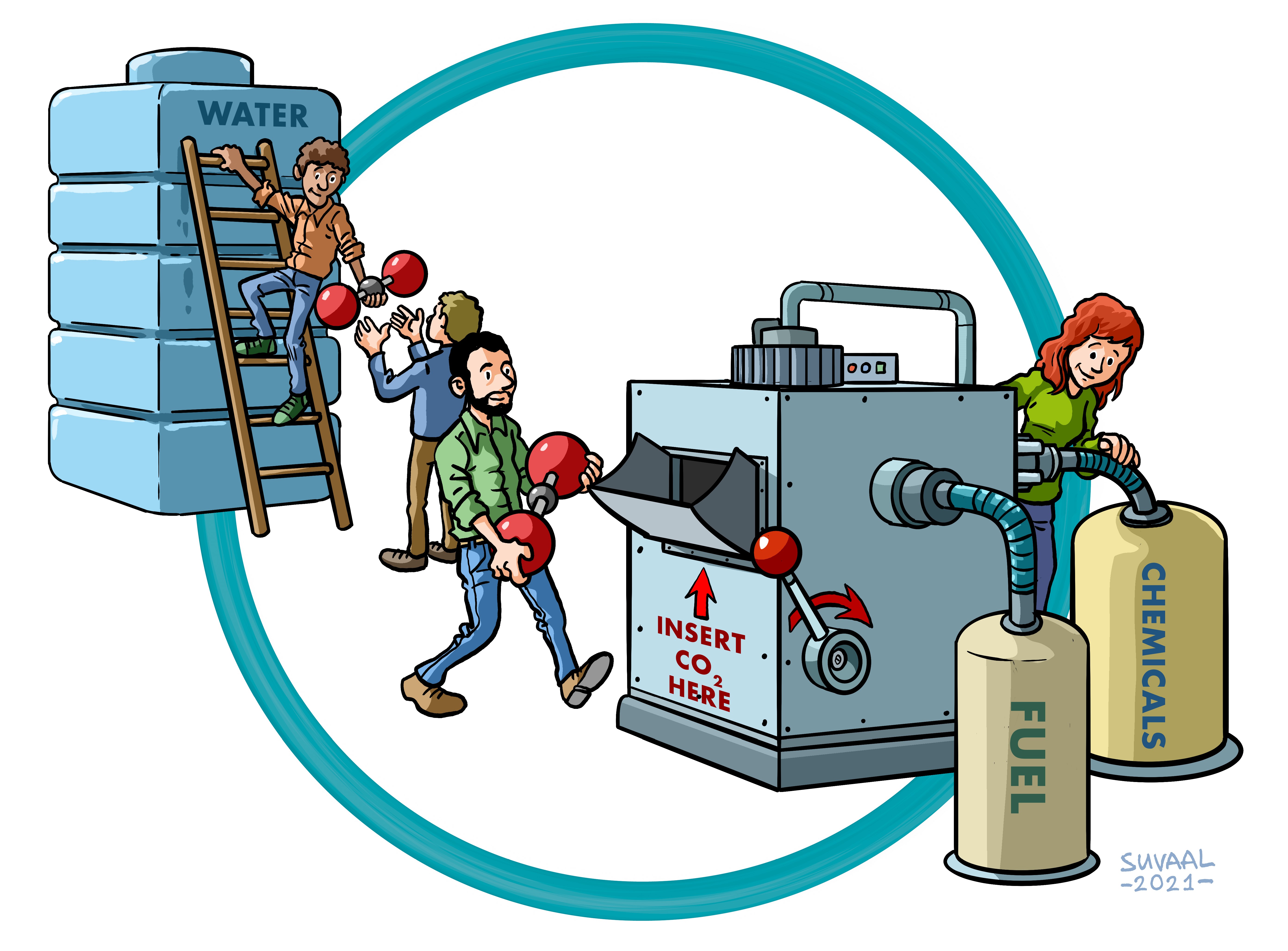Understanding Electrochemical Flow Cells
Research Themes: Energy, Chemistry, Bio & process technology


A TRL is a measure to indicate the matureness of a developing technology. When an innovative idea is discovered it is often not directly suitable for application. Usually such novel idea is subjected to further experimentation, testing and prototyping before it can be implemented. The image below shows how to read TRL’s to categorise the innovative ideas.
Summary of the project
With a growing demand for green energy carriers it becomes more important to develop electrochemical systems that convert renewable electricity into useful products and fuels. For that, we need to understand the processes that occur in electrochemical flow cells in order increase the speed of the energy conversions that take place in such cells. The researcher is looking how liquid and gas bubbles can be transported quickly through flow cells such as electrolysers, flow batteries and methods for capturing and converting CO2. He develops new electrolysers that rely on suspensions, and finding clever ways how the produced energy carriers can be (re)moved or separated. Bubbles could be removed by creating short variations in pressure; what if you could move the electrode to the reactant instead of the reactant to the electrode; would a liquid electrode be a smart solution or can the trick be found in other chemical properties of the suspension such as the pH or concentration? The challenge is to find such clever ways that are not only feasible but also interesting to the market.
What's next?
With this new knowledge on the production rate in electrochemical flow cells can be enhanced, the next step is to see if these processes can be scaled to practical implementation of the innovation. The research expects to further advance the conversion steps making that process more efficient.
Contribution to the Energy transition?
This research will enhance our understanding of the processes in electrochemical flow cells such as electrolysers, for capturing and converting CO2,and storing energy in flow batteries. With this new knowledge such processes can be further optimized and be made more efficient.
Dr. ir. David Vermaas
Rose Sharifian MSc
Nathalie Ligthart MSc
Lorenz Baumgartner MSc
Andrey Goryachev
Jorrit Bleeker MSc
Faculties involved
- AS
